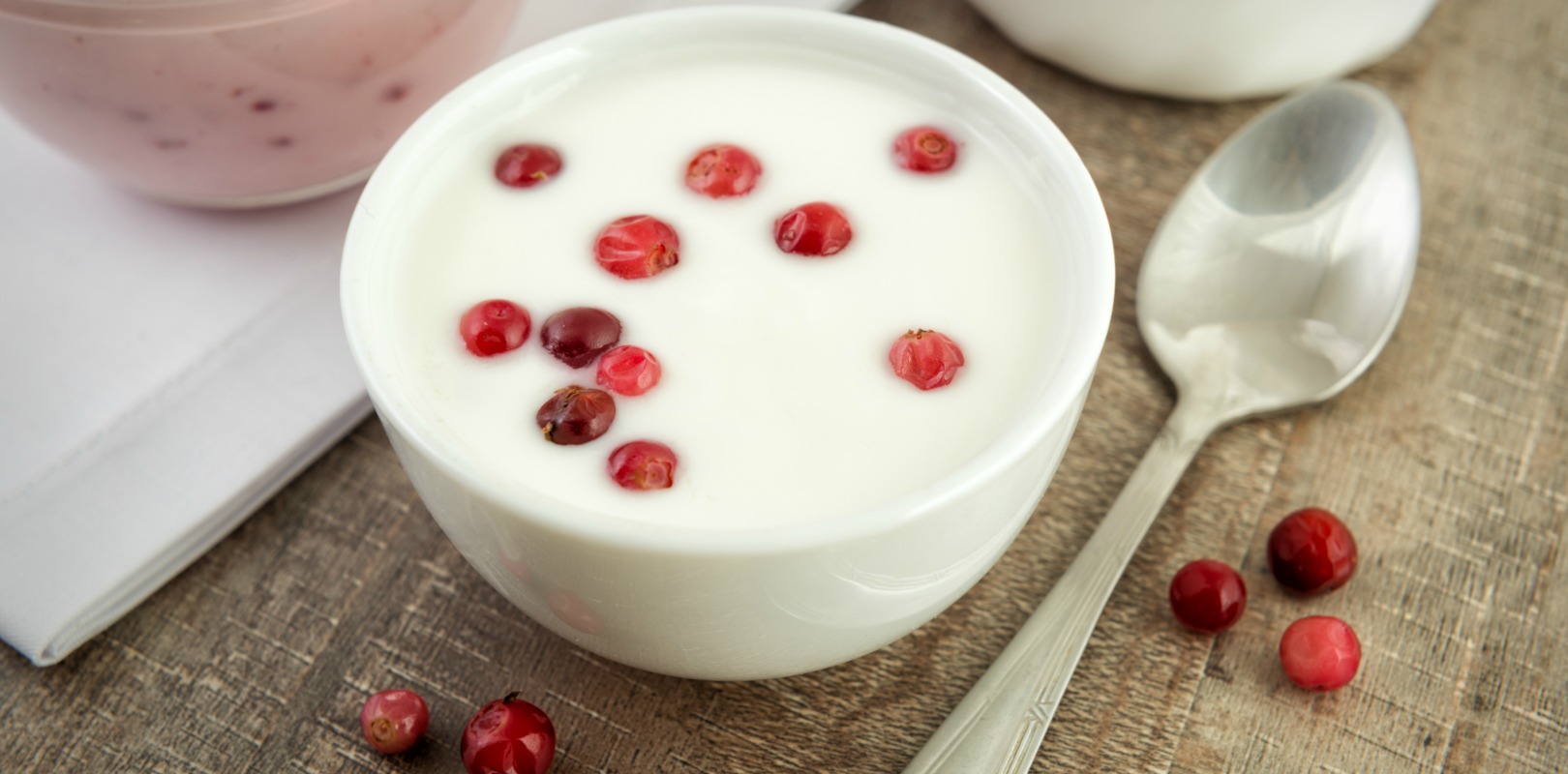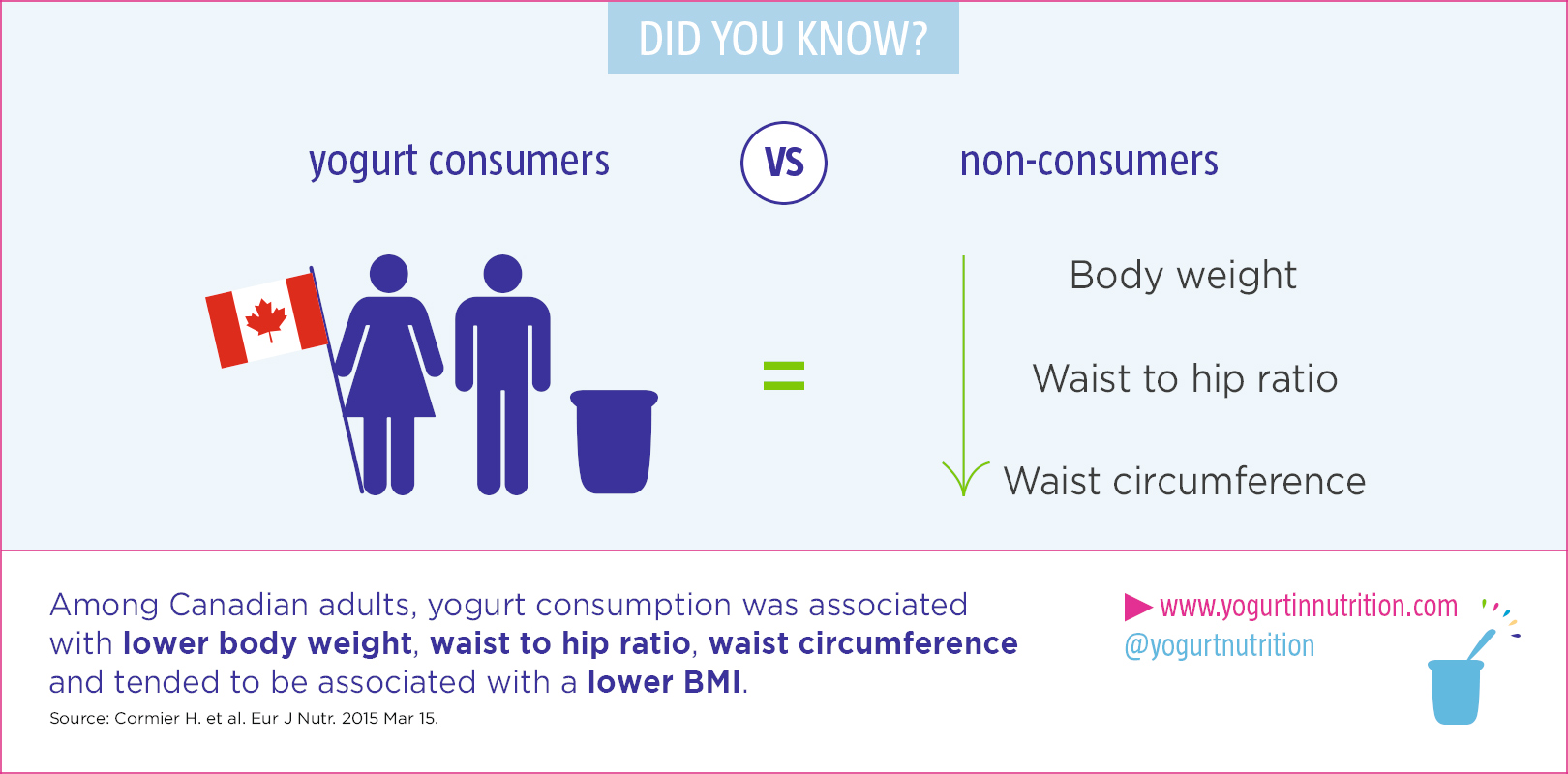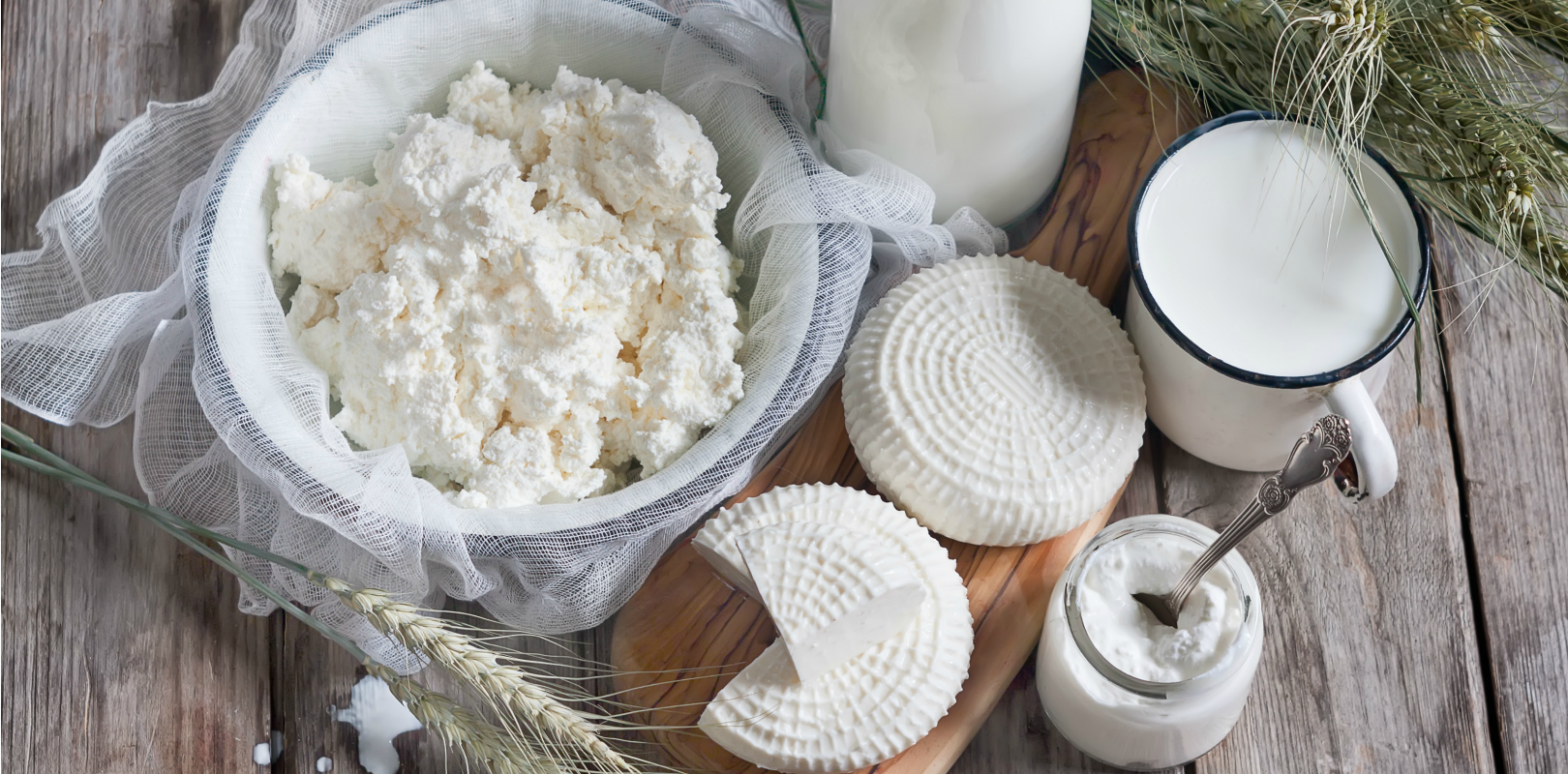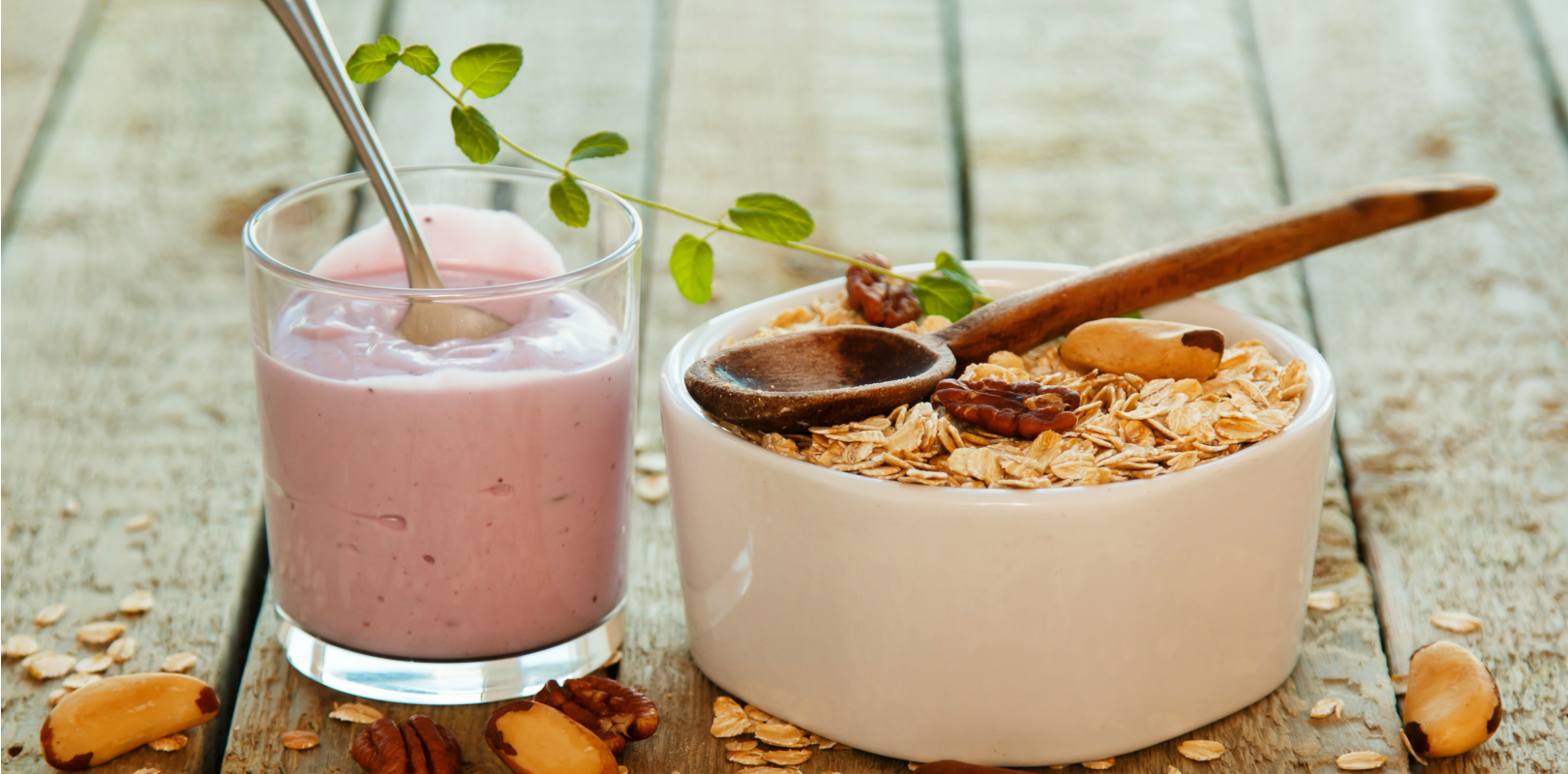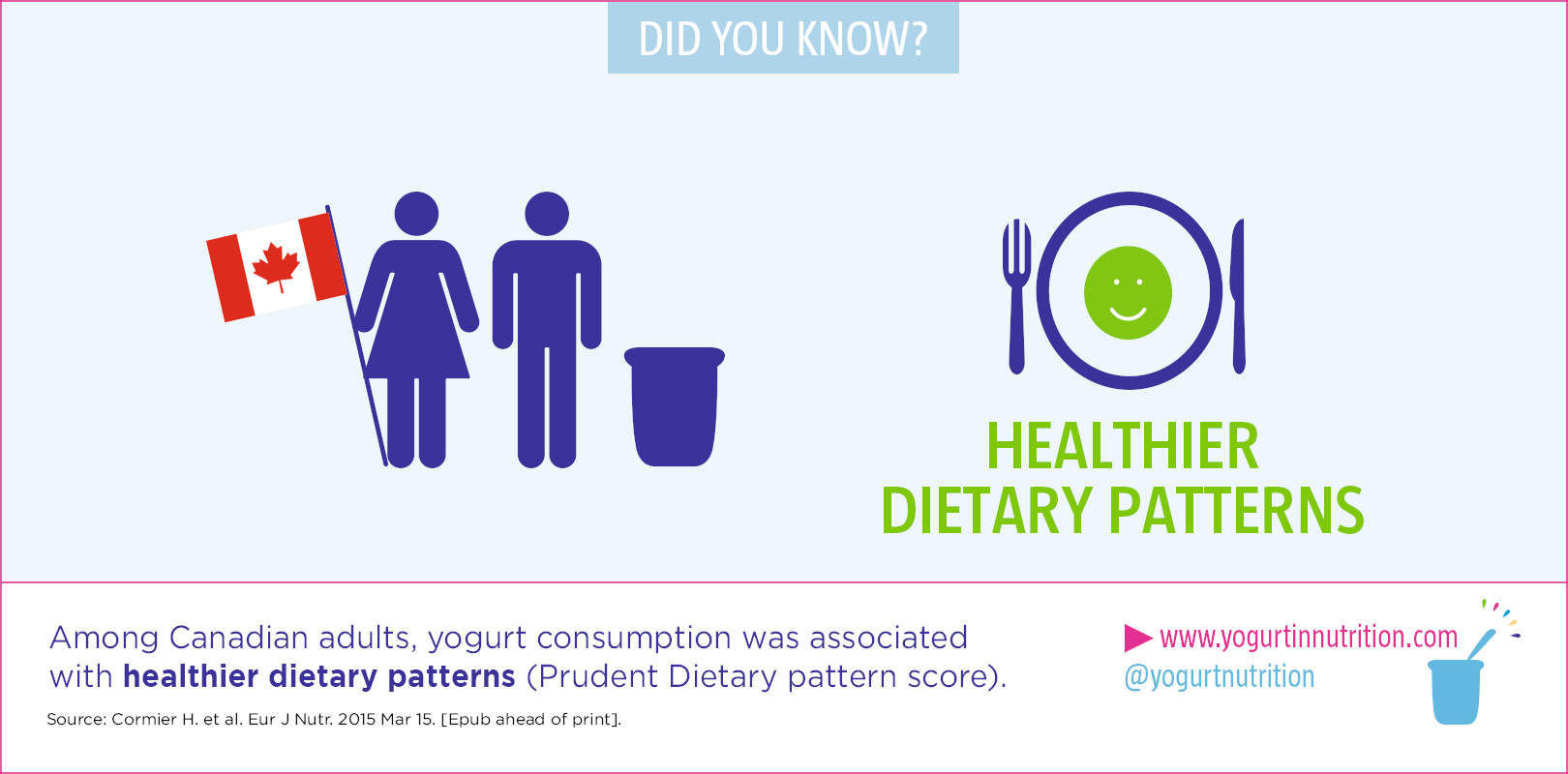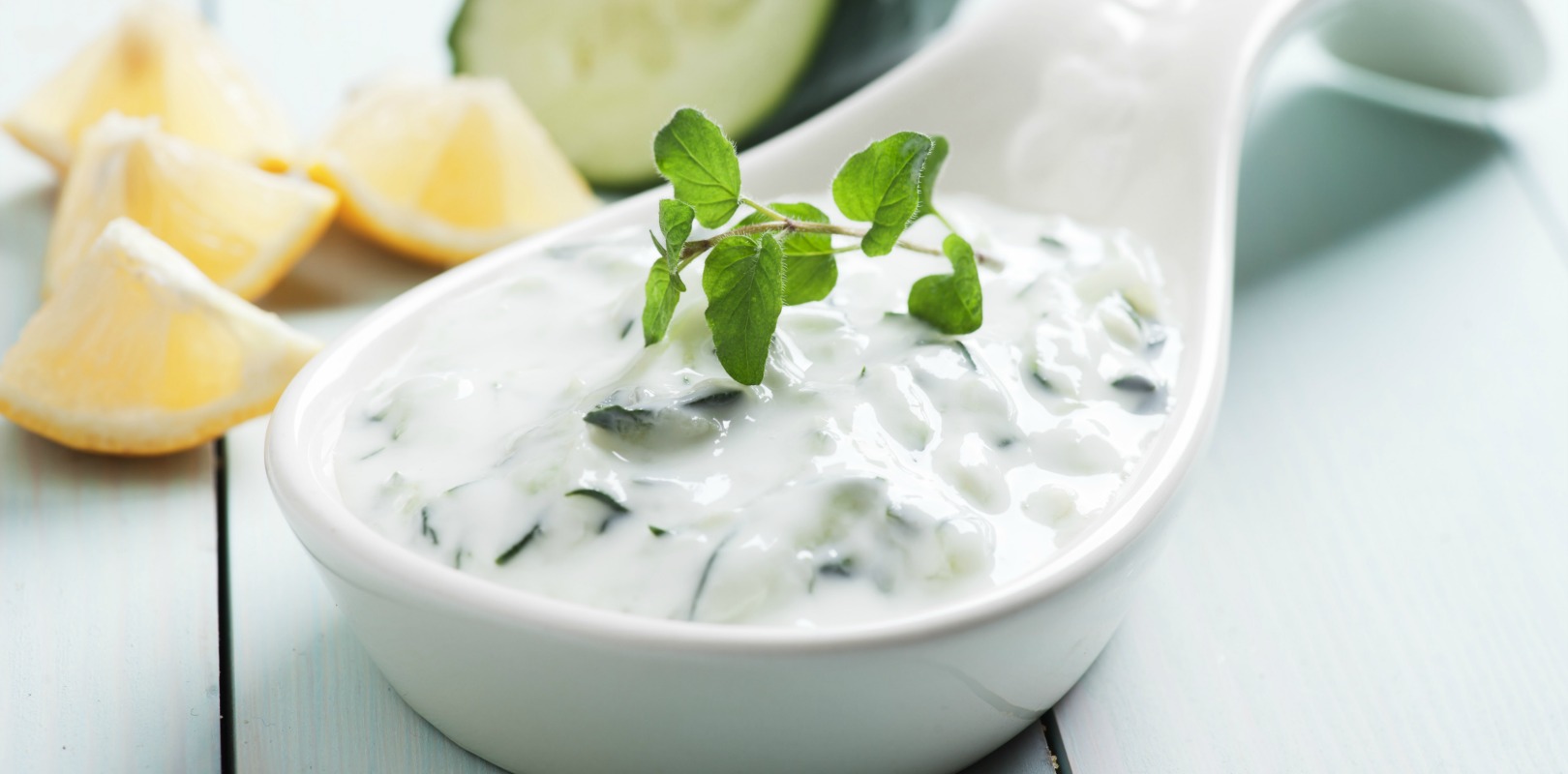Dr Lori Shemek is known as a Fat Loss Expert. In her practice, she helps people lose and then maintain weight by making the right lifestyle choices. And yogurt, she says, appears as a key element to build a healthy diet.
How would you qualify the current trends in healthy eating?
Currently, the latest research shows that higher fat, higher protein intake while reducing carbohydrate intake is key to reducing weight and creating optimal health. The last 30 plus years have found an ever-increasing amount of excessive carb intake along with foods void of any nutrition.
High carb intake can partially be blamed on old science where the ‘no fat’ low fat’ generation emerged leaving us decades later with a nation of 68% overweight and obese. Most of what people are eating is not real food; it is edible but with no ties to nature – it is essentially fake food.
Quality foods that contain fat, such as olives, avocados, eggs with yolks and coconut oil are excellent for optimal health. Your body needs fat for energy, cushioning, hormone production, nerve and brain function, vitamin and mineral conversion and absorption, and a host of other biological processes. However, many people have a fear of fat and as a result, choose fat-free, low-fat or some variation. In the majority of cases, what people are really choosing everyday is an excess of carbohydrates. This can result in increased weight gain leading to chronic health conditions such as heart disease or diabetes down the road or poor health.
Gut health or microflora is another area that is currently leading-edge in terms of outstanding research. We have 100 trillion gut bacteria (compared to only 10 trillion human cells) and that equates to 3-5 lbs of these little critters we are walking around with.
Having a gut microbiota teeming with the right strains and adequate amounts of gut bacteria is a crucial key to optimal health, mental health and weight loss. 70% of our immune system resides within our gut; 90% of the serotonin made is not from our brain, but within the enteric lining of our gut. It is critical that we ensure a healthy gut environment with a high intake of prebiotic and probiotic cultured foods, such as yogurt.
Does yogurt fit in those healthy eating trends?
And this is where yogurt is a key player; its impact upon health is vast and a necessary part of creating better health at all levels of our population from infants to the elderly.
- Prebiotic foods such as garlic, leeks, onion, asparagus and dandelion greens, feed the healthy, good bacteria to help you create optimal health. The foods that feed bad bacteria, so they can reproduce and thrive while creating low-level inflammation in your body are: refined carbs such as sugar foods, white flour foods, fast food, junk and processed foods, cookies, cakes, candy..the list goes on.
- Probiotics are bacteria found in cultured or fermented foods…and they have many benefits for our bodies. “Probiotic” comes from the Greek word meaning “for life,” and refers to the different species of bacteria that are beneficial to our health. Fermented foods include yogurt (nonfat, lowfat, whole fat), coconut yogurt, fermented vegetables like sauerkraut or pickles, and fermented drinks like kefir or kombucha.
What is your view on yogurt consumption in the context of weight management?
A healthy gut is the hidden key to weight loss and yogurt is an important factor to a healthy gut. As mentioned, our gut bacteria has a marked effect upon every area of our health including our weight. Those who are overweight have fewer strains of gut bacteria necessary to lose or maintain weight than people who are of normal weight. Certain gut bacteria may cause low-grade inflammation in your body, contributing to obesity and difficulty in losing weight or what I refer to as FATflammation.
Eating the right amount of healthy cultured or fermented foods, such as yogurt, can play a central role in rebalancing the gut to help one lose weight, create optimal health, while reducing the inflammatory effects of weight gain.
How would you recommend integrating yogurt in a diet?
Yogurt is packed with protein and can help kick hunger and cravings to the curb – for hours. You can substitute sour cream, mayonnaise, cream cheese, oil and even butter with yogurt.
Yogurt adds a richness and creaminess to many, many dishes or meals. Replacing high-calorie mayo with yogurt on a sandwich, for example, allows you to keep the creaminess, cut the fat and keep the tangy flavor. Yogurt can also be used as a base for a creamy sauce, add it to baby food, add to crunchy healthy granola, blend into a smoothie, use as a topping for soup or chili, as a topping for baked potatoes, yogurt is excellent as a base that makes a creamy dip, salad dressing, a marinade/tenderizer for poultry, fish or meat.
Not only does yogurt taste delicious, the health benefits are numerous. A win-win for all who add yogurt to their diet.
About Lori
Dr. Shemek holds a Doctorate in Psychology; she is a Certified Nutritional Consultant and a Certified Life Coach. Lori is also a Nutrition and Weight Loss expert, a best-selling author and specializes in weight loss resistance. She has helped many people to once and for all lose the weight and feel better fast. She shows people how to spot sneaky foods that create weight gain, to kick sugar addiction to the curb, and shift from eating the wrong foods to the exact foods that burn fat.
Dr. Shemek is the author of How To Fight FATflammation! and the best-selling author of Fire-Up Your Fat Burn! She is a leading health and weight loss expert and also known as “The Inflammation Terminator.” She has made it her mission to help clients lose weight and educate the public on the toxic effects of certain foods and lifestyle choices and how they create inflammation in the body resulting in weight gain. She is a leading authority on inflammation and its role in weight loss, preventing disease and optimizing health.
Connect and discuss this interview with Lori and us on Twitter and Facebook. You can also get her book How to fight Fatflammation on Amazon.


